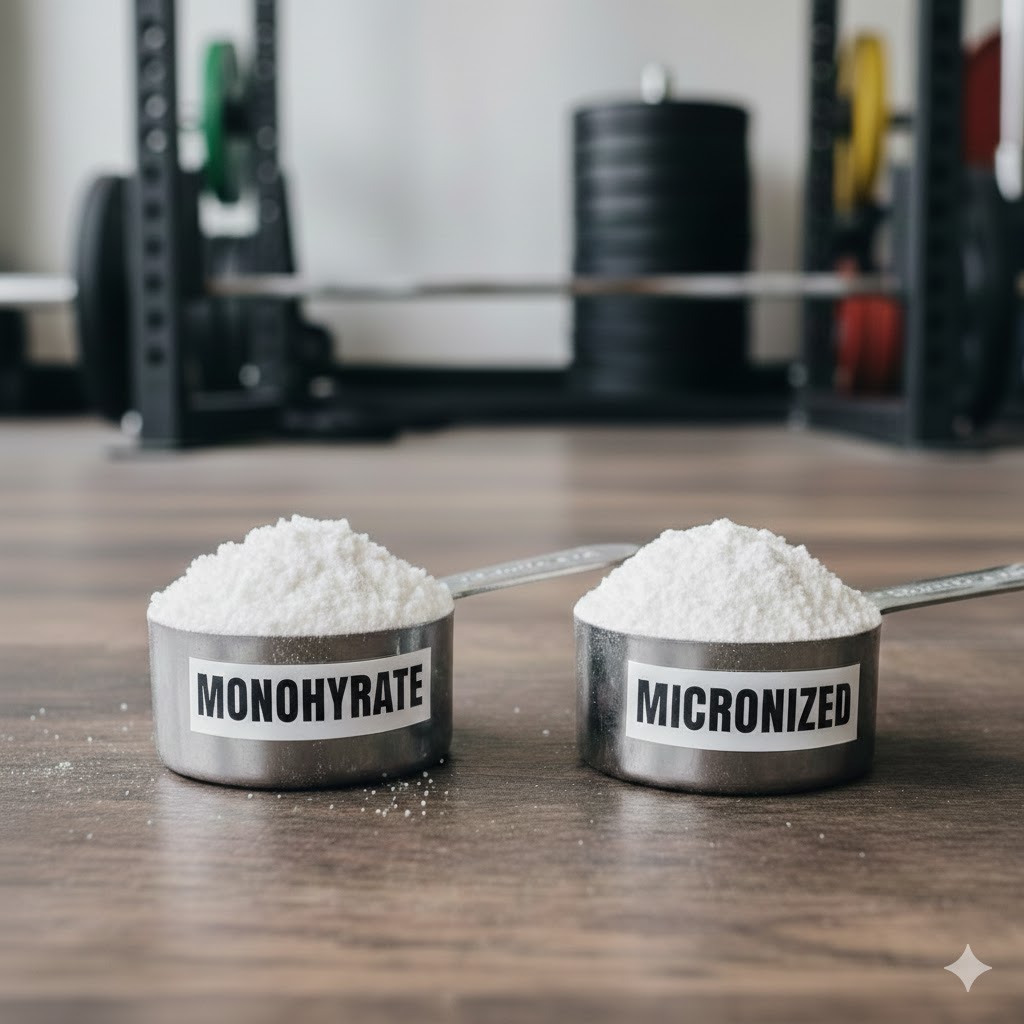Creatine is primarily celebrated for its muscle and athletic performance benefits, but recent research reveals promising effects on metabolic health. This article explores how creatine supplementation may influence metabolism, glucose regulation, and body composition, highlighting the potential benefits beyond the gym.
Creatine’s Role in Energy Metabolism
Creatine plays a key role in cellular energy homeostasis by replenishing ATP stores during periods of high energy demand. While mainly studied in muscle tissue, similar mechanisms occur in the liver, brain, and other organs essential to metabolic regulation.
Effects on Glucose Metabolism and Insulin Sensitivity
Several studies indicate creatine supplementation may improve glucose tolerance and insulin sensitivity, especially when combined with exercise. Improved muscle energy capacity facilitates greater glucose uptake during activity, potentially aiding blood sugar control and reducing type 2 diabetes risk.
Impact on Body Composition and Fat Mass
Creatine is known to promote lean mass gains through muscle hypertrophy, but evidence suggests it may also support reductions in total and visceral fat by enhancing basal metabolic rate and exercise capacity. This dual action makes creatine a candidate for managing overweight and metabolic syndrome.
Benefits for Aging and Metabolic Health Decline
In older adults, creatine supplementation combined with resistance training shows promise in preserving muscle mass, improving metabolism, and mitigating age-associated metabolic decline. This has implications for longevity and chronic disease prevention.
Research Limitations and Future Directions
While current data is encouraging, more large-scale, long-term clinical trials are needed to fully establish creatine’s effects on metabolic health parameters and define optimal dosing protocols.
Internal Links for Further Reading
- What Is Creatine?
- Creatine and Athletic Performance
- Creatine for Muscle Growth
- Creatine Cognitive Benefits
Frequently Asked Questions (FAQs)
1. Can creatine help regulate blood sugar?
Creatine may improve insulin sensitivity and glucose uptake in muscles, aiding blood sugar control.
2. Does creatine supplementation affect fat loss?
Creatine can support fat loss indirectly by increasing muscle mass and boosting metabolism.
3. Is creatine beneficial for people with metabolic syndrome?
Preliminary studies suggest creatine may assist metabolic syndrome management when combined with lifestyle changes.
4. How does creatine affect metabolism in older adults?
Creatine helps maintain muscle mass and metabolic health, potentially reducing age-related metabolic decline. Read More
5. Are there any risks taking creatine for metabolic health?
Creatine is safe for most people at recommended doses, with no significant metabolic risks documented. Read More

Support Your Metabolic Health
Now that you understand creatine’s role in metabolic function, experience these health benefits with Creatine Ultimate CRN-5.











